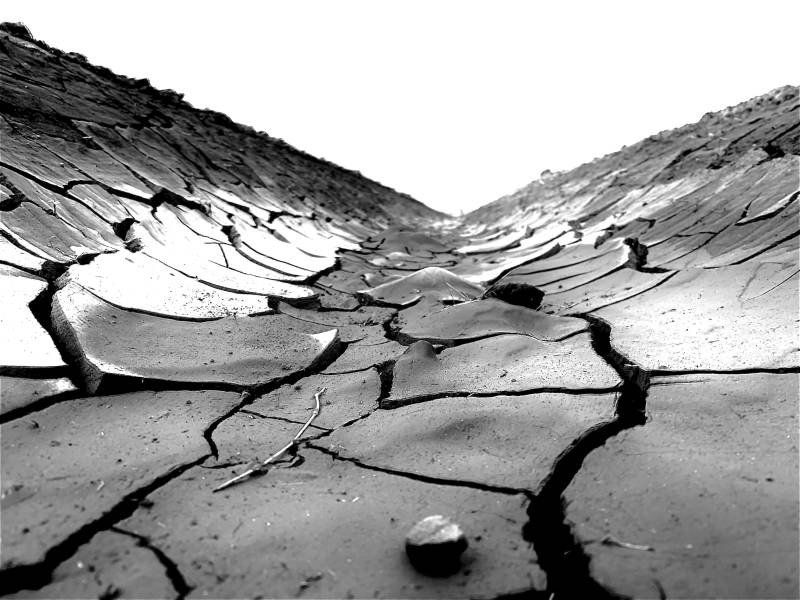

- EDITIONS:
 Spanish News Today
Spanish News Today
 Murcia Today
Murcia Today
 Alicante Today
Alicante Today
Date Published: 18/06/2025
Spain urged to adapt as drought pressures grow
A new OECD report says water scarcity is now a structural crisis in Spain, and not enough is being done to prepare for the effects...
 Drought is no longer just a short-term problem in Spain. It is now a long-lasting threat to the country’s economy, according to a new global report published by the OECD (the Organisation for Economic Co-operation and Development, an international body that advises governments on economic and social policy) this week.
Drought is no longer just a short-term problem in Spain. It is now a long-lasting threat to the country’s economy, according to a new global report published by the OECD (the Organisation for Economic Co-operation and Development, an international body that advises governments on economic and social policy) this week.The “Global Drought Outlook 2025” highlights that large parts of Spain are becoming drier, with more than 60% of the country’s land showing a noticeable drop in soil moisture between 1980 and 2023.
This makes Spain one of the most exposed countries in the OECD when it comes to drought. The organisation warns that the average economic damage caused by drought is already more than twice what it was in the year 2000, and it is likely to increase by a further 35% by 2035. For the farming sector, the impact could be especially severe. The report says that in particularly dry years, crops like wheat, maize and soybeans may produce up to 22% less.
The warning is particularly serious for Spain, where irrigation uses around 80% of all available water. The OECD says intensive water use like this can “multiply the intensity of its effects by up to thirtyfold,” weakening the natural ability of rivers, aquifers and ecosystems to recover. River flow has been steadily decreasing too. Since 1950, 9 out of 10 rivers in the Mediterranean region have seen a decline, which directly affects Spain.
The findings echo warnings made several years ago during one of Spain’s previous water crises, when residents were encouraged to cut usage at home to help preserve vital supplies. But this new report makes it clear that temporary cutbacks will not be enough.
Drought does not just affect farming and water supplies. The OECD points out that other parts of the economy are also under pressure. It names rural tourism, the food industry, hydroelectric power and even river transport as areas being impacted by water shortages. There could also be social consequences. As agriculture becomes less viable and access to water shrinks, more people may leave rural areas, leading to increased inequality and regional decline.
“Drought can no longer be treated as a temporary emergency. It is a structural condition in regions like the Iberian Peninsula, with profound and long-lasting economic implications,” the report warns.
The OECD believes that Spain is not yet economically or politically prepared for this new reality. It says drought risk needs to be factored into national budgeting, investment plans and regional policies. Water must be managed differently too, with a focus on using it more efficiently, upgrading ageing infrastructure, restoring natural systems and rethinking how water is distributed.
The bottom line is clear. If Spain does not act fast and on a national scale, it could see its economy and way of life slowly dry up.
Image: Mario A. Villeda-Pexels
staff.inc.and
Loading
See more environmental news about Spain:
OR
Sign up for the Spanish News Today Editors Roundup Weekly Bulletin to get a comprehensive email with all the week’s news for Spain, Murcia, Alicante and Andalucía.
Get a sneak peek – here are a few of our recent Subscription Bulletins:
Discount Special Offer subscription:
36.95€ for 48 Editor’s Weekly News Roundup bulletins!
Please CLICK THE BUTTON to subscribe.
Contact Murcia Today: Editorial 000 000 000 /
Office 000 000 000



























